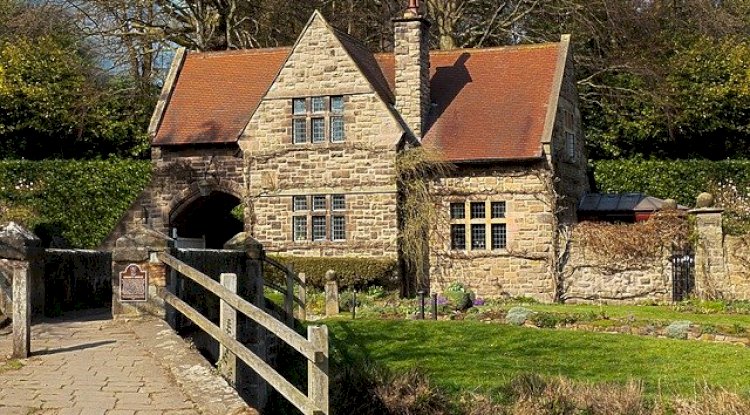Tips To Claim Your Share In An Ancestral Property
Tips To Claim Your Share In An Ancestral Property

Image by PublicDomainPictures from Pixabay
As per Hindu law, properties can be divided into two categories: ancestral property and self-acquired property. Ancestral property is a self-acquired and undivided property of a person's grandfather.
Hometenants.com lists the essential facts related to the rights to secure a share in ancestral property:
What is an ancestral property?
Ancestral property is one that is inherited by up to four generations of male ancestry. The right to a share in an inheritance is acquired through birth itself, in contrast to other forms of inheritance, in which the inheritance is opened when the owner dies.
The share of father and son in ancestral property
A father (current owner of the inheritance) and his son have the same ownership rights to the property, but first the share of each generation (the father and his siblings) is determined, after which the subsequent generations must divide the inherited part from his respective predecessor.
The share of sons and daughters in ancestral property
The Delhi High Court had ruled in 2016 that a son had no legal right to his parent's property. “If the house is the parent's house, son, whether married or single, has no legal right to live in it and he can only live in this house at the grace of his parents as long as the parents allow it, ”said the order.
Once ancestral property is shared among family members, it is no longer ancestral property. The father has the option of not transferring his own fortune to his son. However, this does not apply to traditional properties.
The Hindu Succession (Amendment) Act 2005 gives the daughter who grants the same rights (with the son) to ancestral property the status of co-partner. Only male family members were co-shareholders prior to the amendment that amended Section 6 of the original Hindu Succession Act of 1956, which did not mention the daughter's right to joint ownership.
Some facts about ancestral properties:
- The right to a share in the genetic material arises from birth.
- Partners, including daughters, can apply for the parent company to be divided and sold, as well as insuring their share.
- Regarding Ajinkya's question above, the possessions of the paternal ancestors cannot be sold without the consent of the successors; However, it can be asserted by filing an action for division in court.
- Even if your participation is declined, you can send a legal notice asserting your rights.
- The property is considered to be ancestral property as long as it is not shared by members of a common Hindu family.
- After the division of the inheritance, the share received by each co-owner becomes self-acquired property.
- Property acquired on the mother's side is not considered to be ancestral property. ancestral property.
- The head of an undivided Hindu family is empowered to administer the family property under Hindu law. But when it comes to ownership and rights to an ancestral property, every co-owner has the right to share his or her share.
Also Read: Renovate Your Home Without Losing Your Security Deposit
What's Your Reaction?




















